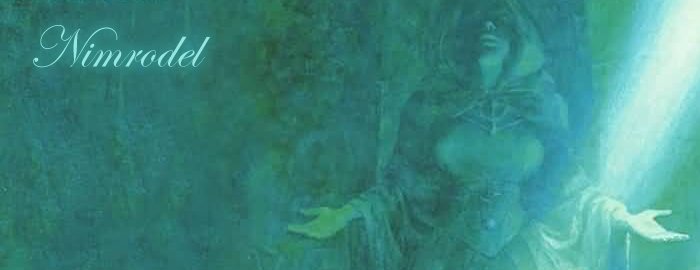
 |
| Main | Rules | Joining | Roster | Player's Guide | Map | Lore | Tales | Message Board | Chat | Links |
|
While the majority of the information on individual cities can be found in their locations on the Map, this page contains specific information on the political systems of every major city and Tribe.
One note that is not covered in other parts of the site is language. There are several languages in Ourissa. However, the people of the city states all speak the same tongue (Varanian), and the majority of the people of the Tribes speak a dialect of Harakkan. While the Sea Peoples, the Centaur and the Dry'cha speak their own unique languages, most learned people will know Varanian at least to a degree. It is assumed that a character speaks Varanian, as well as some measure of Harakkan if a member of the Tribes. However, learning a Lore skill will allow a character to speak small amounts of specific languages, such as Mitiyan or Centauri. It is impossible to become fluent in another language over the course of the RPG unless a character is from that specific culture, or has the Explorer skill Languages. The Tribes do not use any formal currency, however, they will accept coinage from the city states and know its worth. Varans and Ayotya each maintain their own currency, but Ayotyan coin is seen as the currency of trade, the older Varanian coinage slowly dying out as even Varanian merchants now use Ayotyan coins in the Varanian kingdom. While this is technically against the law, the police do not care to stop the merchants for this crime any more. The City States The great civilizations of southern Ourissa are all roughly similar ages, 500 to 700 years old, though it is commonly understood that Varans is slightly older than the rest of them. Varans and Ayotya are the two main cities, and they are the only ones with enough military and political power to control seperate towns and holdings. The free cities of Medya, Thirim and Jadesh also exist, outside the realm of Varanian and Ayotyan control but normally subservient to these larger powers. While these cities have been at war before, they are currently at peace, though they are not allied in much other than trade and occasionally against the pirates of Himal. All of the city states are democratic, though their forms of democracy and the political freedoms allowed their citizens differ from city to city. They each maintain their own military and navy where appropriate, and they each contribute quite heavily to Ourissan trade. Ayotya exports ore and gemstones from mount Keral, while Varans chief exports are food from Gujar and lumber from Tanja, and Jadesh exports primarily livestock. Medya and Thirim have few exports, but the two trade cities lie along the Merchants Highway that connects all the cities, and contribute to the highways upkeep and safety. The Cities treat the people of the Tribes in similar ways, accepting tribal merchants but viewing them as uncivilized and at worst barbaric. The Centaur are especially frowned upon, viewed with a stark racism, especially in Ayotya. Slavery is legal in all the city states, though there are more slaves and indentured servants in Ayotya than any other city. Below the political organization of each city is discussed in specific.
The Harakkan Tribes The great Tribes of Harakka are all different, speaking different languages and dialects, with different gods and goddesses, customs and rituals. However, they all possess some similarities, and hold some of the same things sacred, such as the great hill at Harakka. Each tribe is formed into a familial structure, led by a chieftain. Further, each tribe has a champion, the strongest warrior in the tribe, who represents the tribe in trials of bravery and heroism. Finally, each tribe has a head shaman, who interperets the will of gods and spirits ad acts as an advisor to the chieftain. Sometimes these titles belong to the same individual, though this is rare. The Harakkan Tribes have a loose cultural alliance with each other. Sometimes they will be at war with each other, or at war with the cities, but in times of need they will rally together.
Other
|